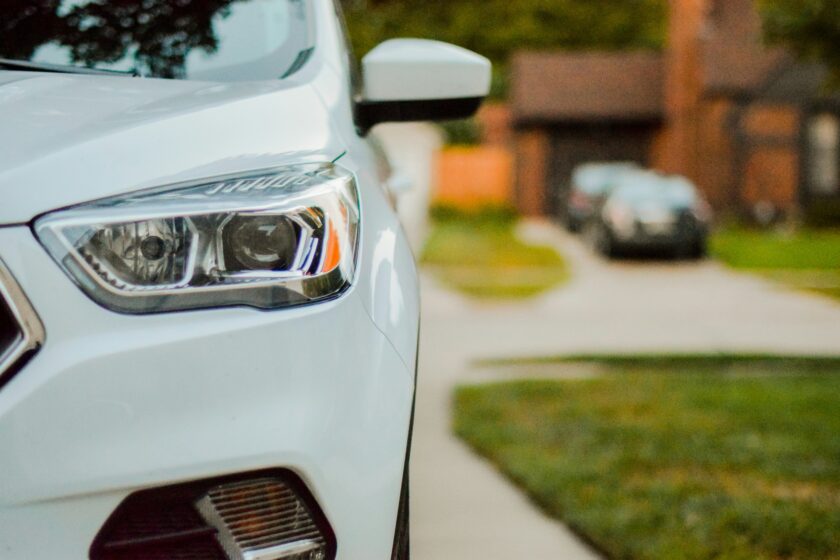How Juries Decide Punitive Awards in Car Crash Cases

Not all compensation in a car crash case is meant to repay medical bills or lost wages. Sometimes, juries award money to send a message—one that says reckless behavior has consequences. These are called punitive damages, and they go beyond covering your losses. They’re meant to punish the at-fault driver and deter others from making the same dangerous choices.
Punitive damages aren’t awarded in every case—they’re reserved for situations where the conduct was especially harmful or outrageous. It’s not about simple mistakes or minor errors. To reach that level, the driver usually acted with gross negligence or even with intentional disregard for others’ safety. Understanding how juries come to that decision gives you insight into what really drives justice in serious crash cases.
What Makes a Case Eligible for Punitive Damages?
Juries don’t hand out punitive awards lightly. The behavior must be more than careless—it must show an extreme lack of concern for others. Drunk driving, drag racing, or fleeing a crash scene are examples that often lead to punitive claims. These cases send a strong signal that some actions go far beyond what society is willing to tolerate behind the wheel.
A leading Las Vegas car accident attorney from Edward M. Bernstein & Associates, Accident and Injury Lawyers, can help you recover physically and financially. They know how to highlight the reckless choices that led to your injury and make sure those details are front and center in court. When a driver’s behavior crosses the line, your legal team needs to show just how far. That’s how you make a case not just for compensation but for consequences.
How Juries Weigh the Severity of the Behavior
Jurors look at more than just what happened—they examine how it happened and why. If a driver was texting during rush hour or speeding through a school zone, those facts carry more weight than an honest mistake. The more avoidable the act, the more likely it is to be seen as deserving punishment. Juries also consider whether the driver has a history of similar behavior.
They’re not just calculating what the crash cost you—they’re judging how unacceptable the behavior was in the first place. They ask themselves whether the driver showed any concern for others or simply didn’t care. If the answer leans toward disregard, the odds of a punitive award go up. The goal is to stop that behavior before it harms anyone else.
What Juries Consider Before Awarding Punitive Damages
Jurors don’t make punitive decisions lightly. They weigh a number of key factors before deciding whether punishment is appropriate—and how severe it should be. Here’s what they often take into account:
- The driver’s state of mind – Was the behavior careless or consciously dangerous? Intent matters.
- History of similar behavior – A pattern of reckless actions makes the case for punishment stronger.
- Level of risk involved – Higher speeds, school zones, or pedestrian-heavy areas raise the stakes.
- Consequences of the crash – The more severe the injury or harm, the more likely jurors are to demand accountability.
- Any efforts to cover it up or flee the scene – Attempting to avoid responsibility can influence jurors to award more.
- The driver’s financial status – Punitive damages are meant to sting, not ruin, and are often adjusted to fit the defendant’s resources.
These points help jurors decide when a mistake becomes something more—and when it’s time to make an example. In serious crash cases, these decisions matter not just for the victim but for public safety as a whole.
The Role of Financial Status in Punitive Awards
Unlike compensatory damages, which are tied to your actual losses, punitive damages often take the defendant’s finances into account. The idea is to impose a penalty that’s large enough to make an impact—so what’s significant for one person might be meaningless for a massive company. If the at-fault driver is a commercial operator or the crash involves a corporate vehicle, juries may award more to ensure the punishment fits the scale.
Punitive damages are supposed to hurt—but fairly. Juries don’t aim to destroy someone’s life, but they do want to send a clear signal. The financial resources of the defendant help guide how large that signal should be. In big cases, the dollar amount becomes part of the message.
Why Evidence of Intent or Pattern Matters
Isolated recklessness might trigger a punitive award, but a pattern of behavior makes the case even stronger. If the driver has a history of DUIs, traffic violations, or previous crashes, jurors are more likely to see their actions as part of a bigger problem. Evidence like prior citations or employer records showing safety violations can tip the scale. Intentional acts, like chasing someone or road rage incidents, often speak louder than anything.
It’s not just about proving fault—it’s about proving mindset. The more evidence that shows the driver knew better but didn’t care, the more likely juries are to respond with serious penalties. This is where legal strategy and thorough investigation matter most. Building that kind of case takes experience, persistence, and a deep understanding of what juries look for.
How Punitive Awards Impact Your Total Recovery
Punitive damages can significantly increase the total compensation you receive, but they’re not always guaranteed. Even when awarded, they might be capped or adjusted based on state law. Still, they send a message that your suffering wasn’t just noted—it mattered enough for the legal system to push back. They show that your case had an impact beyond your personal story.
These awards also often influence settlement negotiations before a trial. When the at-fault party knows a jury could punish them harshly, they may agree to a better offer to avoid the courtroom. That added leverage can lead to faster, more complete recoveries. Punitive damages aren’t just about justice—they’re also about power in negotiation.
When Accountability Needs a Stronger Voice
Not every crash is an accident in the true sense of the word. Some happen because someone made a reckless, selfish choice that put others in harm’s way. When that happens, justice should be about more than just making you whole—it should be about making sure it doesn’t happen again. Punitive damages do exactly that.
Juries have the power to amplify your voice when the crash wasn’t just unfortunate—it was unacceptable. With the right legal team, your case can do more than secure compensation. It can push for change, deliver a message, and demand that accountability has weight. Because when harm is intentional or egregious, the response should match the damage done.
Spotted something? Got a story? Send a Facebook Message | A direct message on Twitter | Email: [email protected] Latest News








